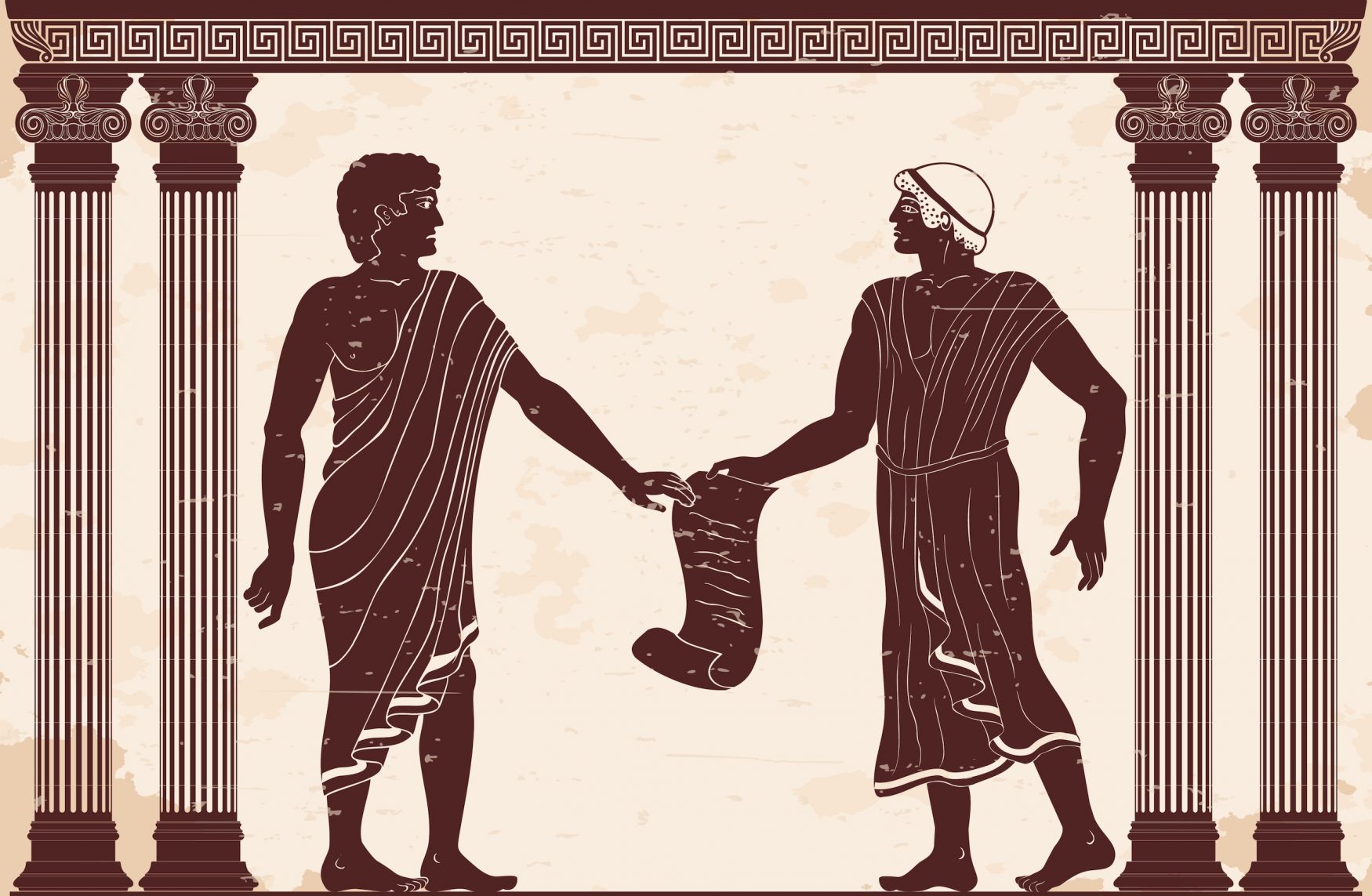
Why was Democracy in Ancient Greece Wrong?
Two-Faced Democracy in Ancient Greece That Favored Some and Ignored Others.
The model of democracy in Ancient Greece is often viewed as the original model of democracy for many of the countries in the world, especially in the Western hemisphere.
However, delving into history reveals a number of aspects that would surprise many people today in the context of a “democracy”.
These were probably the same elements that led the Founding Fathers of the United States to believe that democracy was an unsuitable model for their new country.
Indeed some of their opinions went as far as to state that democracy was one of the worst forms of government ever conceived.
To understand this apparent contradiction with what is currently referred to as democracy in America, it is necessary to compare what was in the democratic ‘core’ of Ancient Greece with the overall situation of that country at the time.
Within the core of people in Ancient Greece who contributed to democracy, much of what was declared as the principles of democracy is hard to fault.
The funeral oration of Pericles, possibly the greatest of the leaders of Ancient Greece is so filled with noble ideals that it still stands as a model to follow.
Where It all Started
Democracy as a Great Solution in Theory
From the initial definition of a democracy as an administration that favored the many, rather than the few, through the concept of equal justice for all, and the differentiation of freedom from lawlessness, the concept of freedom also extends to personal life and the freedom of choice in lifestyles.
The vision of democracy in Ancient Greece is extensive.
In further parts of the oration, there is to be found the principle that admitting one’s poverty is no disgrace, the only disgrace being in making no effort to avoid it.
A man who takes no interest in the state is, to use the words of the oration, not “harmless”, but “useless”.
Founding Fathers Mistrusted Democracy
In the previous points concerning equal justice, civil liberty and combating poverty for oneself as well as for others, we can already find the counterparts in the United States Constitution.
What is not so obvious in current affairs in the United States is the interest of the general public, individual by individual, in what is going on in the country and how it is being governed.
Indeed, up to this point, the words of funeral oration of Pericles appear to match everything with democracy in Ancient Greece that the framers of the US Constitution thought up, and even more.
So the legitimate question is, if this system from ancient times was so great, what drove the Founding Fathers to decry it?
A probable answer is that Ancient Greek democracy was reserved for a certain subset of the population.
Do as I Say and Not as I Do
Not only did Ancient Greece function on a system of slavery, slaves being excluded from the democracy, but even working classes such as artisans were also pushed aside by figures as renowned as Aristotle.
This great Greek philosopher thought that artisans did not represent the perfection that was desirable and apparently to be found in the middle and upper classes.
So the lofty notions and words applied to what was effectively an elite that could take a day off to discuss politics because their slaves were still at work.
In democracy in Ancient Greece, equality, justice and opportunity was for the relatively few, at the expense of the others.

 My First Amazing Ayahuasca Experience
My First Amazing Ayahuasca Experience  Pine Needle Tea
Pine Needle Tea  The REAL Controllers of Humanity: The Papal Bloodlines
The REAL Controllers of Humanity: The Papal Bloodlines  Is it Global Warming or Cooling?
Is it Global Warming or Cooling?  Gun Rights and Obama Examined
Gun Rights and Obama Examined